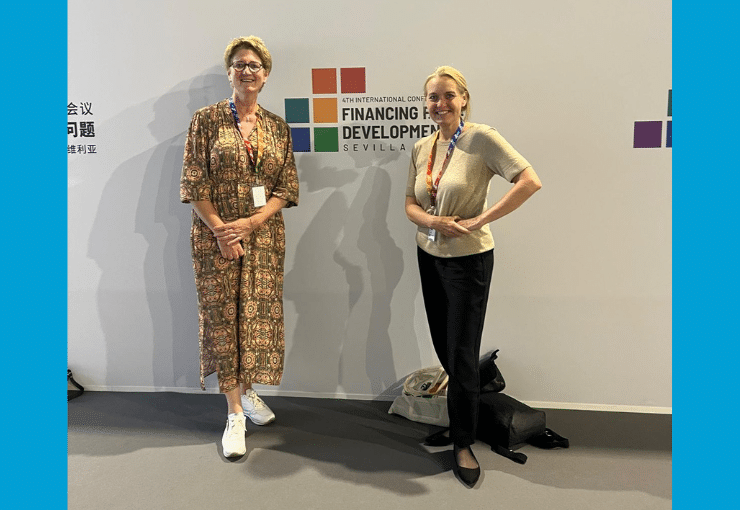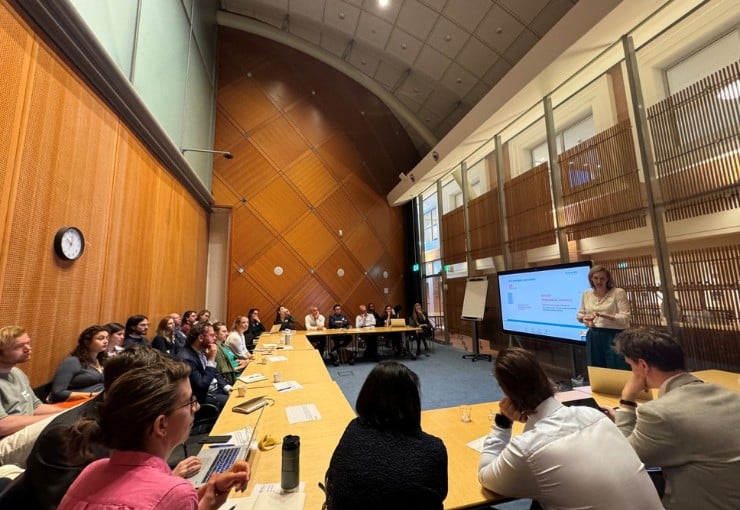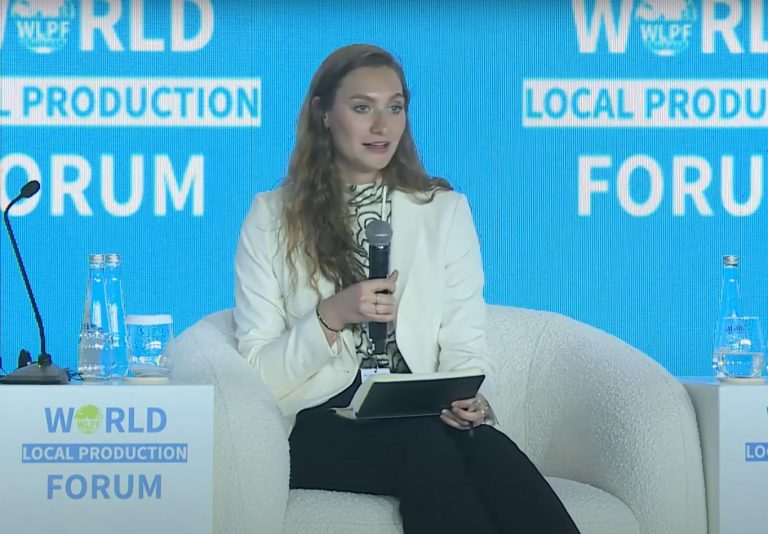It may seem odd to focus on health system financing to prevent violence against women and girls. After all, most violence against women and girls is perpetrated by current or ex-intimate partners. According to the UNWOMEN, globally, some 736 million women have experienced physical or sexual violence, or both, at least once in their life. Of these 640 million, or almost 90%, have been subjected to intimate partner violence. True, feminists in the 70s and 80s successfully took intimate partner violence out of the home and into the public place. But to many of us it may still be a challenge to see the diversity of actors, institutions and sectors beyond the judicial system and social services, that need to step up to prevent violence against women and girls. That’s what makes this year’s theme, “Invest to Prevent Violence against Women & Girls”, for the global and immensely popular campaign, 16 Days of Activism against Gender Based Violence, especially useful. The #NoExcuse call to action seeks our support in calling on governments worldwide to invest urgently in preventing violence against women and girls. That includes investing in resilient health systems.
UN Women reports that most murders of women and girls are driven by gender-related motives. In 2022, approximately 48,800 women and girls across the globe were killed by their intimate partners or other family members. This equates to an average of over 133 women or girls being murdered daily by someone within their own family.
Healthcare providers are first professional contact
Healthcare providers are often the first point of professional contact for women and girls who have survived violence. Women who experience violence are more likely to use health services than those who do not. Survivors may suffer a range of short- and long-term consequences. These include physical injuries, sometimes leading to permanent disabilities, as well as mental health problems involving depression, anxiety and post-traumatic stress disorder. It is crucial that these women and girls receive the right care from skilled health professionals who have been trained to respond adequately and without prejudice.
Healthcare providers can play a key role in prevention
Women and girls who have experienced violence have a higher risk of acquiring HIV and of developing noncommunicable diseases, including diabetes, cancer, heart disease and thyroid disorders. In addition, women and girls exposed to violence may experience unwanted pregnancies, adverse maternal and newborn health outcomes—such as miscarriage, stillbirths, premature birth and low birth-weight babies—and gynaecological problems. Intimate partner violence against women often persists or starts during pregnancy. These increased health risks could be prevented through early intervention. For that, healthcare providers must have the means and skills to identify the signs of intimate partner violence among women and girls using their services. They also need to be able to link vulnerable women and girls to further social and economic or legal assistance.
Violence against women and girls in Ethiopia, Kenya, Rwanda, Uganda and Zambia
Women and girls in Make Way countries—Ethiopia, Kenya, Rwanda, Uganda and Zambia—are particularly vulnerable. All fall in the category of countries with the highest prevalence of physical and/or sexual intimate partner violence among ever-married/partnered women, in their lifetime or in the past 12 months. On top of that, Ethiopia and Uganda have been experiencing major humanitarian emergencies. And we know violence against women and girls is exacerbated in conflict settings.
Need for increase of public health budgets
Make Way countries also fall in the category of countries that need to increase their health systems financing significantly, especially through domestic, public-sector financing. According to the WHO, in 2020, health spending rose to 10.8% of global GDP, primarily due to COVID-19. However, that increase in health spending sat heavily with high-income countries. Low- and middle-income countries, taken together, only accounted for approximately 4% of global GDP spending on health, while having more than half of the world’s population. Indeed, while some Make Way countries have increased their budget allocations to health between 2000 and 2014, none currently meets the Abuja Declaration target of spending 15% of the national budget on health.
In 2016, the World Health Organization’s Member States endorsed a global plan of action to strengthen the role of the health system to address interpersonal violence, in particular against women, girls and children. Make Way supports the global plan and calls for Make Way countries to invest in their health systems to ensure that:
- health services leave no one behind and everyone can access and afford acceptable quality health promotion, curative, rehabilitation and support services;
- there are enough skilled health workers to address violence (such as sexual assault nurses or forensic specialists and mental health professionals);
- health workers are trained and capacitated to prevent and respond to violence and protect and support those affected by violence;
- the health system promotes and protects human rights, including by training health workers against social attitudes condoning violence against women and girls and to respect the autonomy, safety and confidentiality of survivors;
- services are comprehensive, survivor-centred and integrated, and where needed, there is a clear and easy-to-navigate multisectoral referral pathway;
- collaboration takes place with lay experts such as women’s organizations and movements that have been at the forefront of addressing violence against women and girls in all their diversity;
- collection and dissemination of data takes place, independently from ideology, on violence disaggregated for sex, age and other relevant factors and as well as information on best practices for violence prevention, protection and response.
Resilient health systems to prevent and respond to violence
During this year’s 16 Days of Activism against Gender Based Violence campaign, we raise attention to the need to strengthen health systems across the world. Violence against women and girls is one of the most prevalent and pervasive human rights violations. Still, one in three women experiences physical or sexual violence at least once in their lifetime. We need resilient health systems that can effectively play their role in preventing and responding to violence. There is #NoExcuse.
* Please note that the figures in this article have been updated in accordance with the latest data from UN Women.





